Informational Interviews – What are they? As the name suggests, an informational interview is an interview to get information. Unlike a normal job interview, you’re interviewing someone else to get information on their role, company etc.
Before you dart off sending LinkedIn messages left and right, and before I hop into the Do’s and Don’ts – ask yourself the following questions:
- Why do you want to interview this specific person? Are they an alumni? Are you specifically interested in their role? their company?
- You want to figure out the answer to this question before you reach out so you can be clear about your goals for the conversation.
- What do you want to learn from the conversation?
Do’s and Don’ts of Informational Interviews
DO: Personalize your LinkedIn message with your invite to connect (even if you went to the same school)

Why did I put this in there? Because it happens to me all. the. time. I receive LinkedIn connection invites from people I see went to my university that I have never met. When they don’t leave a personalized note, I reject them. It sounds harsh but LinkedIn is all about building connections. If I don’t know you or anything about you, your goals, or why you want to connect, it doesn’t make me want to click that accept button.
Your invite should include the following:
- Who you are
- Why you’d like to connect
- What your goal is
Example message:
Dear Martha,
My name is (insert name) and I am a student at (insert school) currently studying (insert major) and planning to graduate in (insert month & year). I noticed that you are an alumni of (insert university) and working at (insert company name). I am really interested in learning more about your experience with (insert company name) in your (insert role) role. After graduation, my goal is to (insert goal). Would love to connect with you over coffee or virtually.
Exception: If you’re sending a connection request to someone you know on a personal level, you can forgo the formality in the invite. However, I would tailor your follow up message with something similar to the example but less formal.
DO: Realize that this could be your foot in the door.
Maybe this interview will land you a job, maybe it won’t. Don’t go into it assuming that you’ll immediately get a job out of it. BUT, do treat it with the seriousness of applying for a normal job. Here’s the deal – When I talk to people who want informational interviews, I am paying attention to see if they’re a good potential fit for my company. If I think they are, I’m more likely to:
- Refer them if the apply for a position; and
- Let them know if I hear of any openings
Bottom line: treat it like an interview.
DON’T : Go into the interview unprepared.
Also: do your research on the company and the person you’ll be talking to.
Even though technically you’ll be asking the questions in the informational interview
- You’ll most likely be posed a few questions (like why are you interested in the company or my role)
- It’ll become clear how much you did (or didn’t) study.
RESEARCH:
- Your Interviewee: You’ll want to research the person you’re interviewing – you can do that by studying their LinkedIn job description. You should have done this prior to sending them an invite to talk, but just get familiarized with their role or what they work on (I can’t tell you how many times people ask me about Adobe Photoshop when I work on a completely different product group).
- The company: Spend 15-30 minutes researching the company. You should get to know the basics of their product and what might be trending in the news. You don’t need to become an expert, but do show that you have done your homework.
DO: Bring a notebook & pen.

This really only applies if you’re meeting in person, but bringing a notebook and pen is so important to the meeting. You’ll probably want to write things down. But also, it demonstrates that you’re prepared to learn. Do NOT start taking notes on your phone or laptop. I’ve gotten the feedback that it can be distracting and come across as being unprepared.
DO: Say thank you.
A thank you is worth a thousand words. Maybe you thanked your interviewee quite a few times at the end and the beginning of your interview. That’s a great start. But be sure to follow up the next day (or a couple of days later) with another thank you. I personally also like to throw in my favorite thing they said. This step is so important as it leaves a lasting impression.
Example Thank you:
Dear (insert interviewee name),
Thank you again for taking the time to meet with me on (insert day). I found your tips/ advice on (insert tip) really valuable. I look forward to staying in touch.
Best,
(insert your name)
It’s short & sweet and to the point.
DON’T : Forget to follow up.
This is the relative of sending the thank you note. Hopefully you had an amazing conversation and built the beginnings of a relationship with the person you interviewed. Maybe they gave you advice on an upcoming interview or tips for your job search/ career.
Like a cliffhanger at the end of a season, don’t leave them hanging! They’ve invested time in talking to you, and they’re likely a little invested in what will happen next in your future. So make sure you follow up. Following up is also great way to keep the connection alive.
Example Email:
Dear (interviewee name),
Hope you’re doing well. It’s been a couple (months/weeks) since we last talked. Thank you again for taking the time to talk to me during my (internship/job) search. I wanted to give you a quick update and let you know that I have accepted a position at (insert company) as a (insert role). Thank you for all your advice.
Best,
(insert name)
Leave your questions in the comments below! Thank you for reading about informational interviews! Read more career posts here.
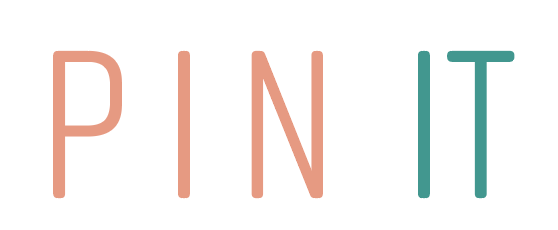
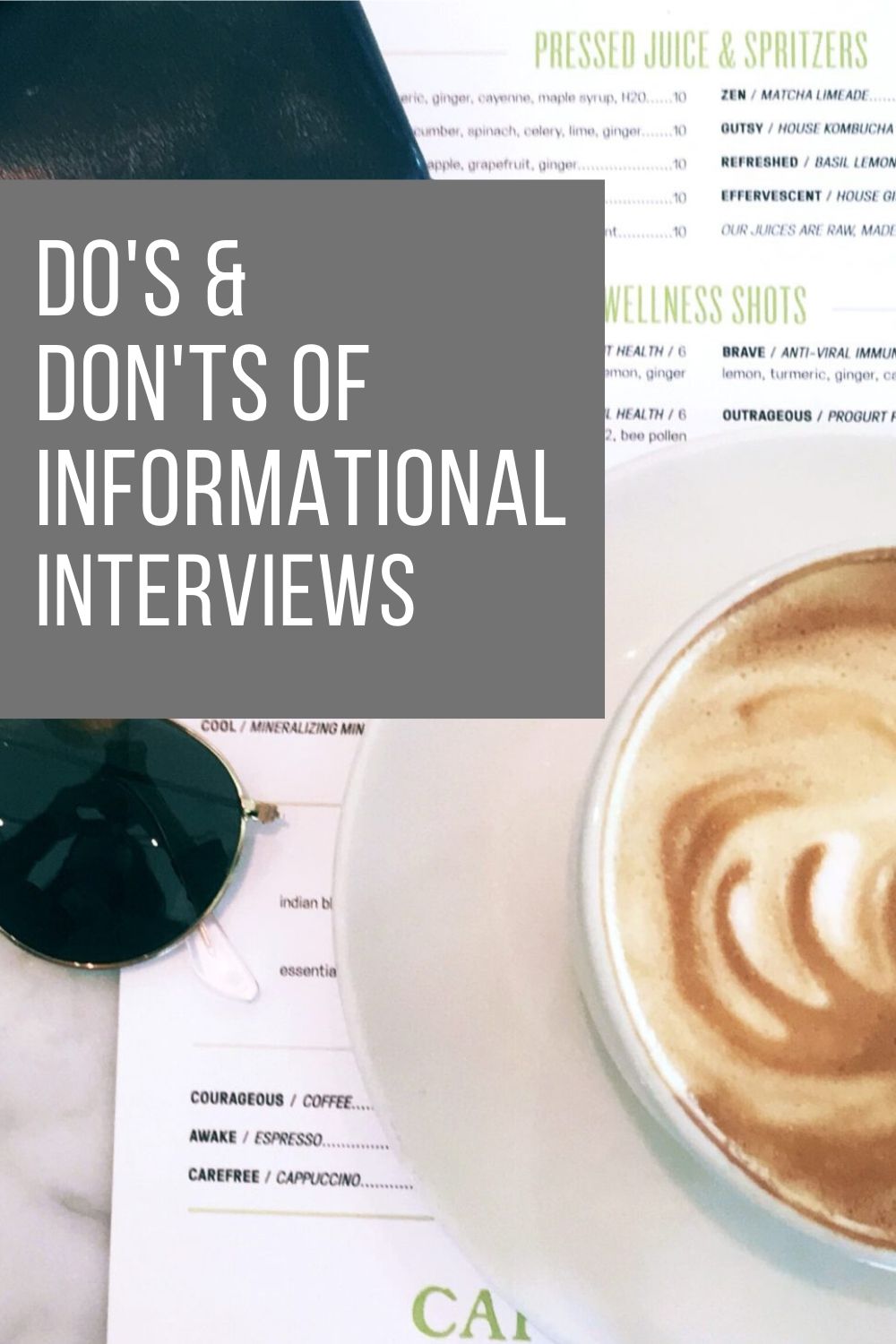
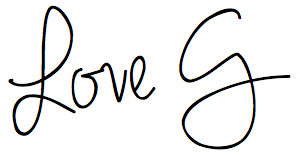
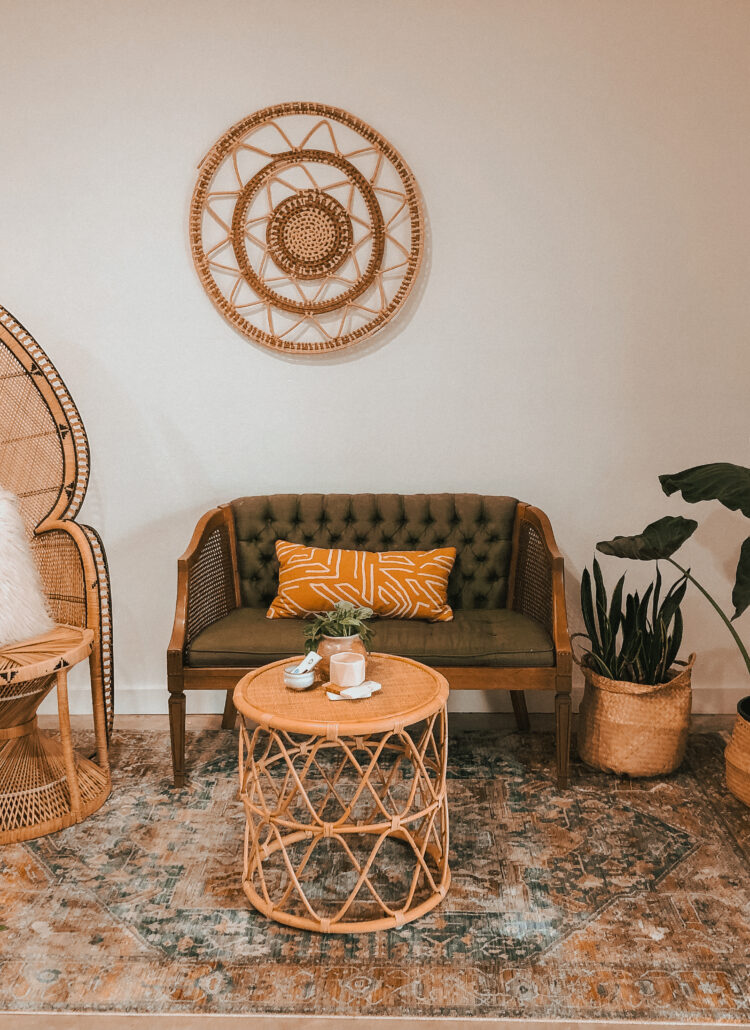





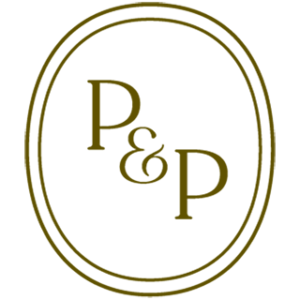
You’re such a BOSS, G! These are great tips for informal interviews – these shouldn’t be overlooked.
This is awesome thank you for the amazing tips! I am so new to interviews, I always want to talk to people as if we are friends, but that doesn’t come off well in a professional environment. I am glad to be able to learn from you some cool ways to be friendly but professional as well.
So glad the tips were helpful!
Great article! I’ll definitely be looking back at this the next time I apply for a job
Thank you Alison!